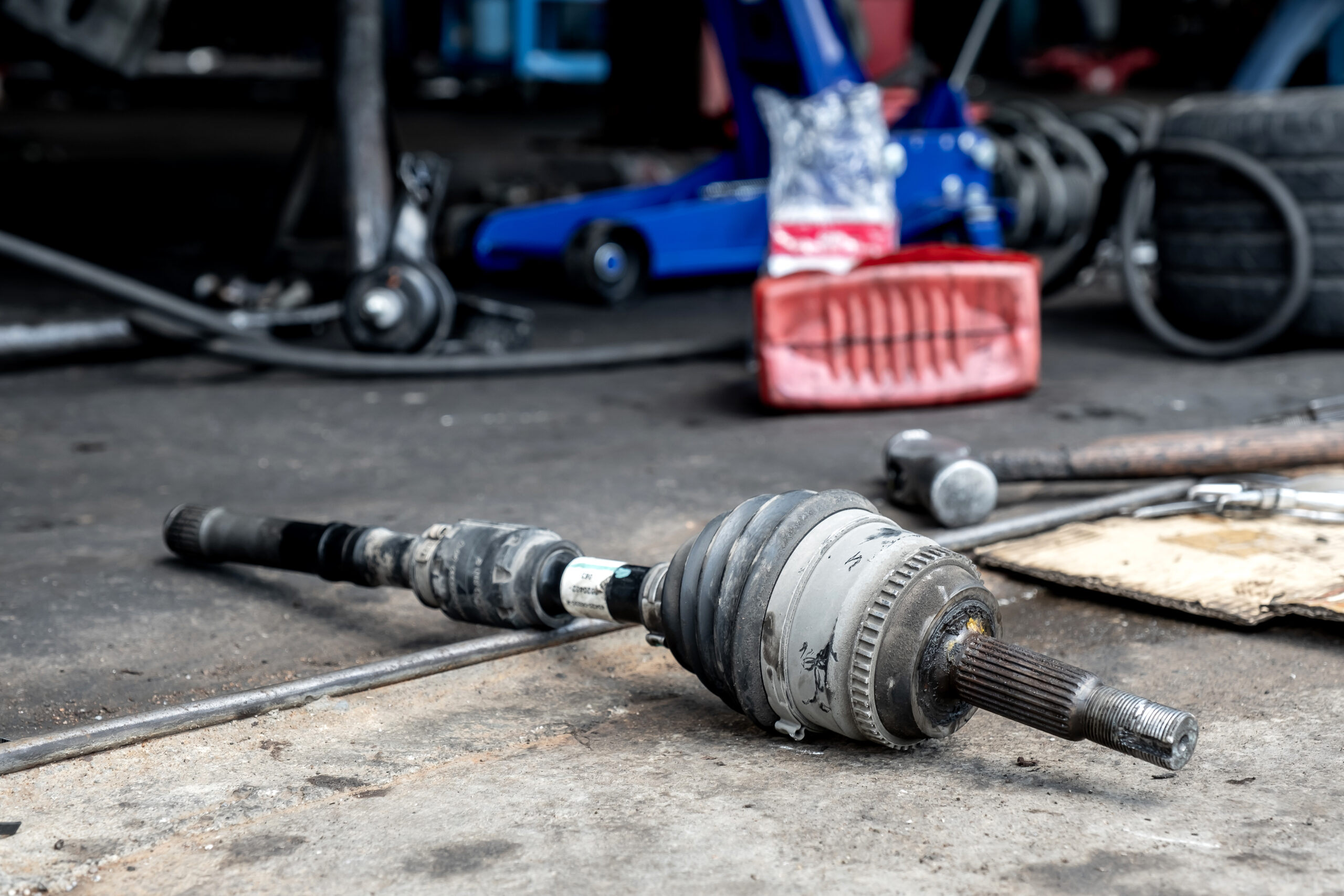Your car’s dashboard is like a control panel, providing essential information about your vehicle’s health and operation. Among the most important indicators are the warning lights, which can illuminate in various colors and symbols to alert you of potential problems. While some warning lights are merely informational, others indicate serious issues that require immediate attention. Understanding what these lights mean can help you take timely action, prevent further damage, and ensure your safety on the road.
Common Car Warning Lights and Their Meanings
-
Check Engine Light: This light can indicate a wide range of issues, from a loose gas cap to a serious engine malfunction. It’s important to have your car diagnosed by a professional as soon as possible when this light comes on.
-
Oil Pressure Warning Light: This light means your engine oil pressure is low, which can cause severe engine damage if not addressed immediately. Stop driving and check your oil level. If it’s low, add oil and have your car inspected by a mechanic.
-
Battery Light: This light indicates a problem with your car’s charging system. It could mean your alternator is failing, your battery is dead, or there’s a loose connection. Have your car inspected by a mechanic promptly.
-
Brake Warning Light: This light can come on for several reasons, including low brake fluid, worn brake pads, or a problem with the anti-lock braking system (ABS). Have your brakes inspected immediately.
-
Temperature Warning Light: This light indicates that your engine is overheating. Pull over safely, turn off the engine, and let it cool down before checking the coolant level. If the problem persists, call for roadside assistance.
-
ABS Light: This light means there’s a problem with your anti-lock braking system. While you can still drive your car, your brakes might not function optimally in emergency situations. Have your ABS system checked by a mechanic.
-
Traction Control Light: This light indicates that your traction control system is activated or malfunctioning. It typically comes on when the system detects wheel slip and is trying to regain traction. If it stays on, it could indicate a problem with the system.
-
Tire Pressure Monitoring System (TPMS) Light: This light warns you when one or more of your tires are underinflated, which can affect handling and fuel efficiency. Check your tire pressure and inflate them to the recommended level.
Responding to Warning Lights
- Don’t Ignore Them: Warning lights are there for a reason. Ignoring them can lead to further damage, costly repairs, and potentially dangerous situations.
- Consult Your Owner’s Manual: Your car’s owner’s manual will provide specific information about each warning light and what to do when it comes on.
- Seek Professional Help: If you’re unsure what a warning light means or how to address the problem, have your car inspected by a qualified mechanic as soon as possible.
Total Auto Care: Your Dashboard Decoder
At Total Auto Care, we understand that car warning lights can be confusing. Our experienced technicians can diagnose the cause of any warning light and recommend the appropriate repairs. We use state-of-the-art diagnostic tools to quickly identify problems and get your car back on the road safely.
Don’t let warning lights leave you in the dark. Schedule an appointment with Total Auto Care today and let us decode your dashboard. We’ll help you understand what those lights mean and ensure your car is running safely and efficiently.




